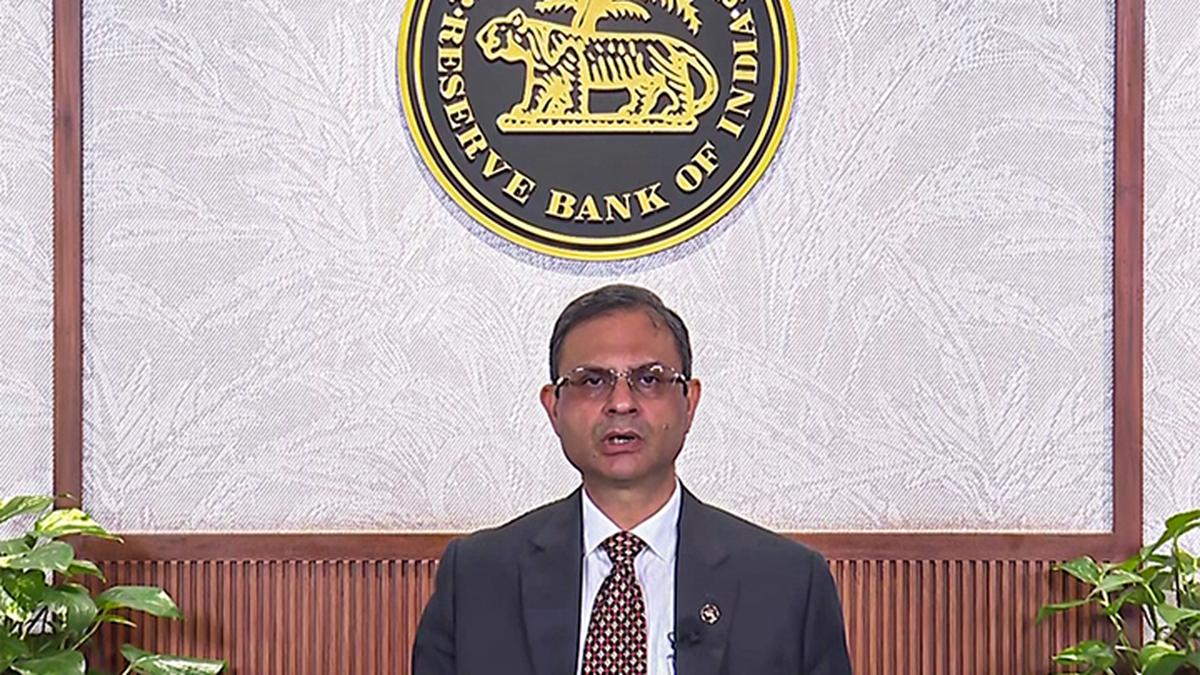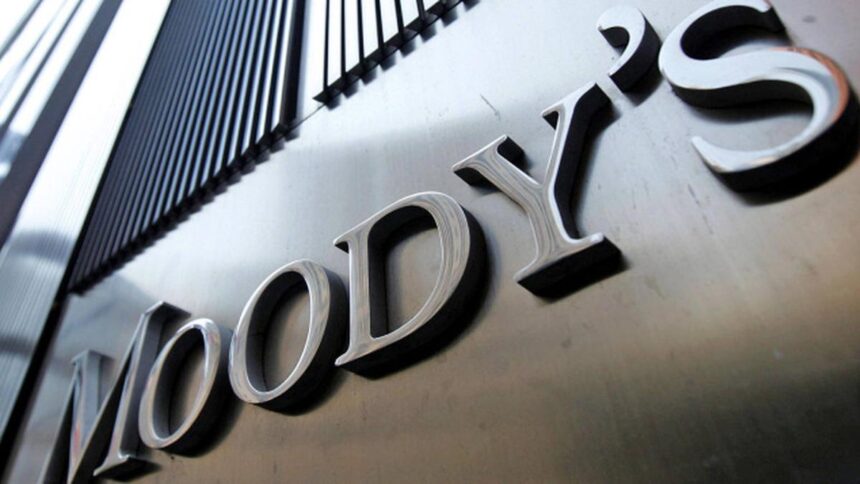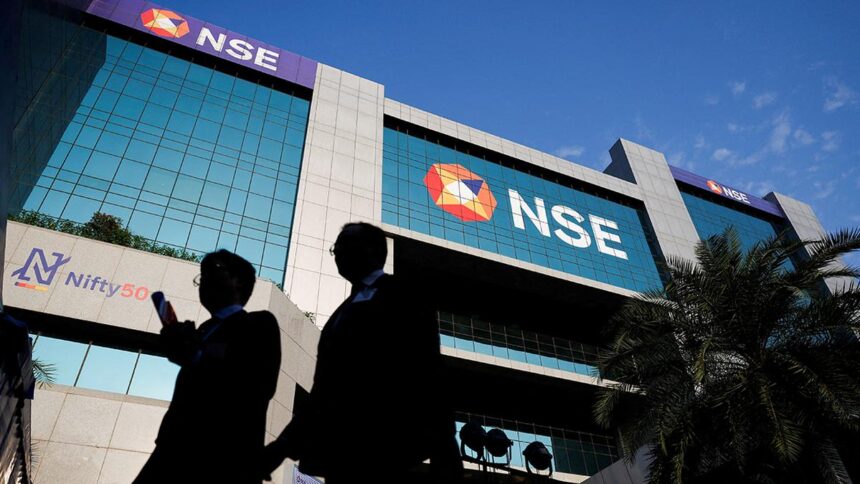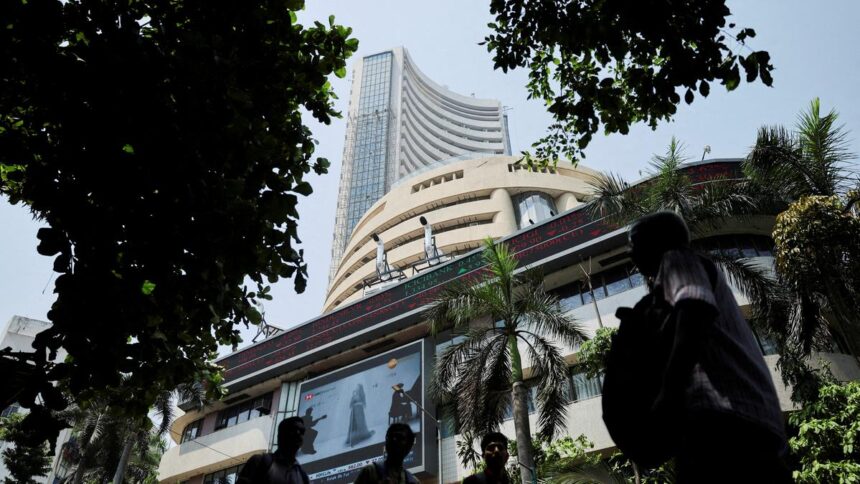
Reserve Bank of India (RBI) Governor Sanjay Malhotra. File.
| Photo Credit: ANI
The adverse impact of the tariff and geopolitical uncertainty on demand remained a major concern at the last the Monetary Policy Commitee (MPC) meeting, the minutes of which was released on Wednesday (August 20, 2025) indicate.
“Uncertainty in external demand, driven by tariff and geopolitical uncertainty remains the major drag on growth as it also hinders private investment intentions, which is yet to show visible signs of improvement” stated Sanjay Malhotra Reserve Bank of India (RBI) Governor and chairman of the MPC in the minutes.
Stating that high-frequency indicators project buoyant rural economic activity as well as consumption and sluggishness in urban spending, he observed that during the remaining part of the financial year, growth would likely to receive support from both favourable supply-side factors as well as a supportive policy environment.
“Monsoon has progressed well, sowing has been satisfactory, and reservoir levels are comfortable, all of which augur well for farm output and rural demand,” he emphasised.
“Urban demand is likely to pick up during the festive season, especially in a period of benign inflation. Services sector activity is also likely to remain strong, as evident from forward-looking assessments from surveys, he added.
MPC external member Nagesh Kumar in his statement stated, “The economic growth outlook remains challenging.”
“The private investment sentiment is adversely affected by the trade policy uncertainties. While the signing of the U.K.-India FTA is an important positive development, the U.S. announcement of 25% tariffs on India is causing a lot of anxiety about the economic outlook,” he observed.
“The preliminary calculations suggest that these tariffs may hurt the growth rate in the current year by 20 to 30 basis points but given the fact that the U.S. is a major market for India’s exports of labour-intensive goods such as textiles and garments, leather goods, gems and jewellery, shrimp among other food products, the threat of job losses is more serious,” he said in his statement.
Stating that the uncertainty was affecting the investment climate, he said that going forward, diversification of markets for goods would be important.
“In that context, the negotiations of the India-EU FTA need to be expedited and the FTAs or the comprehensive economic partnership agreements with Japan and the Republic of Korea need to be reviewed to make them more effective, especially for the export of labour-intensive goods,” he mentioned.
“Tapping the domestic market fully for the finished consumer goods by reducing the dependence on imports would also be helpful. Enhancing the domestic value addition in consumer goods exports through building the globally known Indian brands and supply chains, including through overseas direct investments (ODI) and acquisitions of foreign retail chains, would also be important,” Dr Kumar pointed out.
External MPC member Prof. Ram Singh also voices similar concerns in his statement.
”Prospects on the exports front are highly uncertain amidst ever-changing tariff announcements and protracted trade negotiations. The headwinds emanating from a fluid geopolitical scenario, heightened global uncertainties, and volatility in international financial markets pose serious risks to the domestic growth outlook.”
“U.S. tariffs have already put Indian exporters at a disadvantage. Signs of distress in growth and employment for MSMEs are visible in sectors reliant upon the US market, such as diamond and jewellery, textile and apparel, and fisheries,” he highlighted.
Published – August 20, 2025 10:24 pm IST























